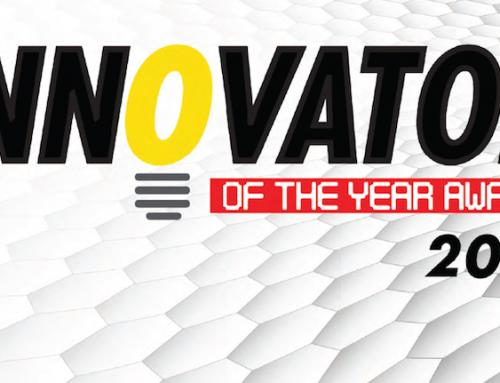I always have a lot to think about the week after producing a show or event; reviewing notes, following up with my client to be sure expectations were met (and hopefully exceeded), determining what went well and, most importantly, how I can evolve to create and achieve an even better result for the next production. And every time my takeaway is this: It’s all about communication.
Communication is at the heart of every good client relationship and it involves skills that require honest evaluation, time and an emotional investment to develop. The emotional investment side of it demands that you are fully committed to the client and the importance of their goals, building genuine trust by listening and delivering the result they desire.
It’s a human tendency to try to reduce business down to numbers and hardware, but the result is a far stretch from the truth of business. Good business requires good relationships, which is a human art. Confidence, trust, and a boldness to progress through economic highs and lows–these things support good client relationships. They take time and patience to develop.
Here are some things I have learned for improving client and vendor relationships.
1. Ask questions
If you don’t know something about your project or client, chances are, you should. It’s the little details that can make or break a project, and they are often overlooked. Be confident enough to ask questions, especially those that involve the thought process of your client. If a client is hesitant about proceeding with a certain design or layout, for instance, there might be a very good reason for it–perhaps a competitor has a very similar style and you’re unaware of it. Or maybe there are additional committee members involved in the decision making process. Either way, the more a client is able to give feedback on a project, the easier it will be to move forward. There’s nothing more difficult than troubleshooting in the dark, so don’t hesitate to ask questions of your client.
2. Be willing to make a decision
Making decisions means that you’re assuming responsibility for the outcome, at least on your part. This can be intimidating and many production teams have a tendency to shy away from it. Step up. You need to be willing to say both yes and no. If an element would compromise the integrity of the event, saying “No, this isn’t possible, for these particular reasons” might ultimately save the project and result in a more spectacular event. At the same time be willing to go the extra mile. This doesn’t mean give away the store but understand the issues and be willing to stay a little longer.
3. Write clear, understandable contracts
They say ambiguity in a contract favors the party that didn’t draft it. Yep! Not only should your contract be clear, it’s imperative that your client understand it. There should be clear boundaries of the work that will be provided, how it will be provided, and a clear way to measure success. In part, this helps to manage expectations. The true value of a contract is to prevent issues that may arise during the project, issues that can derail the entire event and cost everyone time, energy and money. Good business depends on transparency. When each party understands their roles and requirements, the relationship will be off to a good start.
4. Be a problem solver
If you can solve a problem, no matter how small or unexpected, it will make the client’s life simpler. And the more problems you can solve, the more grateful a client will be. With an outside and hopefully, objective view, the creative production team is in the position to see and solve a problem differently than a client. Focus on solving problems overall, not just during the event, and you’ll be invaluable.
5. Keep working at it
Building healthy client relationships isn’t just part of the job, it’s most of the job. In a B2B world, working with clients to solve problems and provide solutions is dependent on a culture that can overcome bumps in the road. That requires you to make an effort each time you communicate with your clients. And the result is that your relationship is indispensable year after year.
The next time you approach your client, think clearly about your goals in the meeting and focus on communication. Ask questions, make decisions, explain, solve, and be patient. Your client relationships are the heart of your business.


